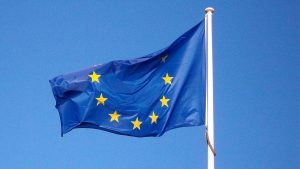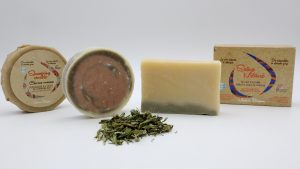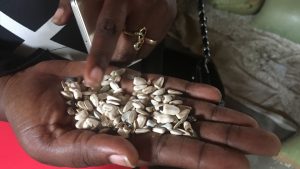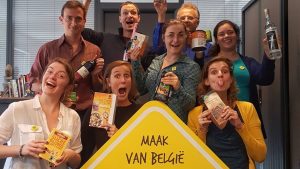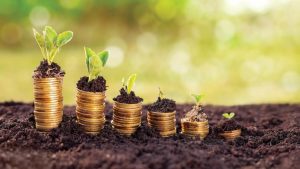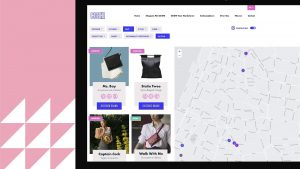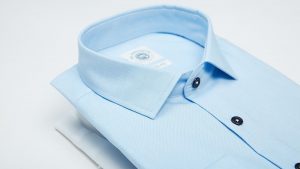
Mr. Manchette converts fair fashion novices with sustainable shirts
“Our shirts should catch the eye of the buyer first and foremost because they are stylish and high quality. In doing so they prove this goes hand in hand with fairness and sustainability.” These are the words of An Boone, founder of the Belgian fair fashion brand Mr. Manchette. With her sustainable men’s shirts she fills a gap in both conventional clothing and fair fashion shops.



